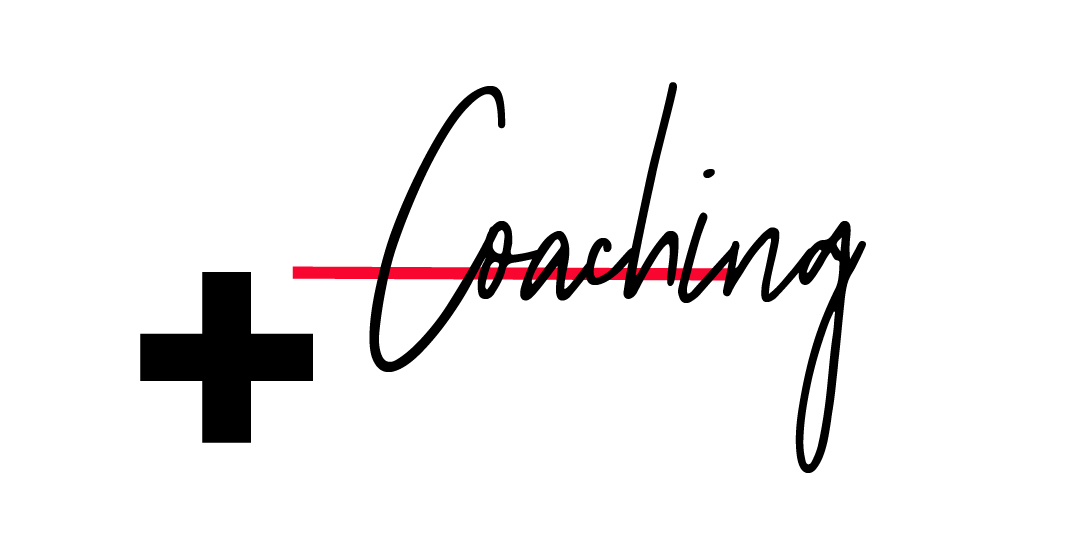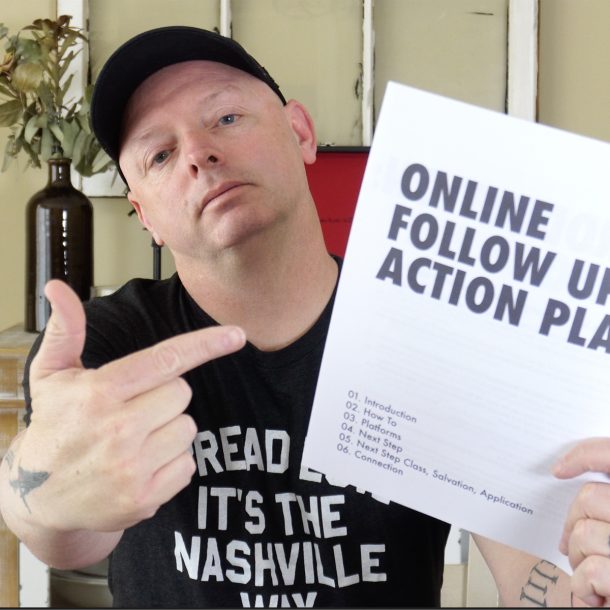In a recent Harvard Business Review article, author and professor Philip Auerswald made the audacious claim that: “If you’re not pissing someone off, you’re probably not innovating.”
Auerswald was right.
As creative leaders, we have a responsibility to identify and initiate change, development, and innovation in our organizations. This is a major task that can put us in very uncomfortable situations. The average person does not naturally embrace change. In order to destroy norms and cultivate cultures of innovation, we have to be willing to face some facts and be willing to be the igniters for change. Change helps cultivate the ground for innovation to excel. Being a “change maker” can sometimes be daunting:
- It takes bravery to change things. – It’s not safe and really will “piss people off”. Thats okay. Our job is to grow and stretch our organization. We have the ability to usher in the next norm that will help our churches or organizations to grow exponentially. When we do this, people will fall in love with the results…which is about the time it takes to change things up again.
- We will be wrong sometimes. – Be prepared to fail. It will happen; it’s not an option, it’s a certainty. It takes failure to understand and appreciate success. Fail often and fail with grace. Just extend that grace to others when they fail.
- Clearly Include Leadership – When you can sell change to leadership, it empowers you with the masses. Earn, build, and invest in relationships with leadership. When leaders know we have purpose behind change that will move our organizations forward, they will buy in. This may not happen right away, but thats okay.
- Identify Data – Data is always greater than opinion. Data will clearly frame change and provide support for our emotions, feelings, hunches and instincts. Find data to help create passageways to change.
- We have to make sure we clarify expectations. Make them obvious. When they change, make sure to update everyone. Expectations left unclassified create problems and can destroy moral.
- Have clear roles – Let people know who is doing what, when, where, how, and most importantly, why. This removes some of the sting of change and helps people know where they fit in the process.
- Innovation is about timing. – If it’s too late, it doesn’t matter and it if it’s too early it will risk being exposed and not succeeding. Use data, wisdom, and instinct to find the right timing for execution.
- Pace change – It’s impossible to turn a cruise ship on a dime. Pace change for better results. When we pace change, we provide less shock to the system for people who are already going to be skeptical about why we need to change anyway. Remember, creative people tend to see things other don’t – it’s a gift. So have patience with others while they get comfortable with where we are leading them.
- We have to do what we say, and say what we do. – Change requires trust and this is the biggest gain/loss in trust management.
- Remember that user experiences matter most – The win of a great experience helps to validate the pain of growing through change.
- Be willing to fight for what is right – Never be a jerk, but be willing to fight for what you know is right. When our data supports us, it helps us. And sometimes we lose the fight. Rather than pouting or being “spoiled artists”, get on board with leadership, the organization, or whatever the case may be and create greatness for them. It will give us more equity the next time we have to fight.
- Never underestimate the power of communication – The more the better. Make time for it and be clear about it. Allow questions and space for people to process. Don’t feel like you always have to be right, and be more than willing to adjust to new data that may change what we believe to be true.
Change or innovation for the sake of change or innovation rarely works. Worse, innovation or change for the sake of our ego NEVER works. Keep the momentum of your ministry, departments, or organizations at the forefunt of the process and be confidently humble. Trust the instincts God has blessed you with and create the most innovative things you possibly can….it’s not a choice, it’s about stewardship of your gift.
What other traits do you find helpful in navigating change and innovation?





I’ve been challenged in recent months in this area. Being a first born and a strategic creative I often have to fight the tendency of assuming the change I WANT is the “right” change or my timing is the “right” timing. I’m starting to spend more time thinking about the desired outcome of CHANGE and the range of impact it will have beyond people who think like me, act like me, and agree with my “type” of change.